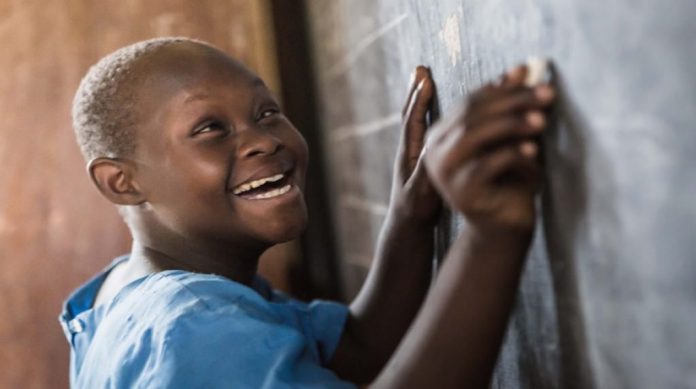
The Vice-President, Dr. Mahamudu Bawumia, has urged the people of Ghana to exchew all forms of discrimination against children who are autistic but rather accept and treat them with respect and dignity.
Addressing a ceremony at the forecourt of the Autism Awareness Centre at Kokomlemle when he visited the Centre as part of his 56th birthday celebration, Dr. Bawumia bemoaned the level of discrimination that currently exist in the Ghanaian society against persons living with Autism.
“I think that as a country we have not really done well when it comes to children with special needs. I think it is time for a change because these are some of the most vulnerable children and I think it is important for government to do what it can to support these children” Dr. Bawumia said.
“These children are not only your children, they are Ghana’s children” he told the teachers at the center. “We have to Support them to be part of this society”, he added.
The Vice-President further noted that he will be organizing a meeting shortly in his office that will bring together all stakeholders in the autism awareness creation space to develop a plan to see how they can be supported to offer the much needed care autistic children need and deserve in the best possible way.
Founder and Director of the Autism Awareness Centre, Mrs. Serwah Quaynor, in her remarks registered her sincere thanks to the Vice-President for deciding to celebrate his birthday with the children living with autism.
She called on the general public to support her to ease the pressure on the Centre in its efforts aimed at giving the best of specialized care the children so desperately needed.
Vice President Mahamudu Bawumia after the brief ceremony toured the center’s facility and donated food items and learning tools to individual children and the Center in general.
He also made a cash donation of GH₵20,000.00 to the centre to support their expenditure.
Autism is a complex neurobehavioral condition that includes impairments in social interaction and developmental language and communication skills combined with rigid, repetitive behaviors.
Because of the range of symptoms, this condition is now called autism spectrum disorder (ASD). It covers a large spectrum of symptoms, skills, and levels of impairment. ASD ranges in severity from a handicap that somewhat limits an otherwise normal life to a devastating disability that may require institutional care.
Children with autism have trouble communicating. They have trouble understanding what other people think and feel. This makes it very hard for them to express themselves either with words or through gestures, facial expressions, and touch.



